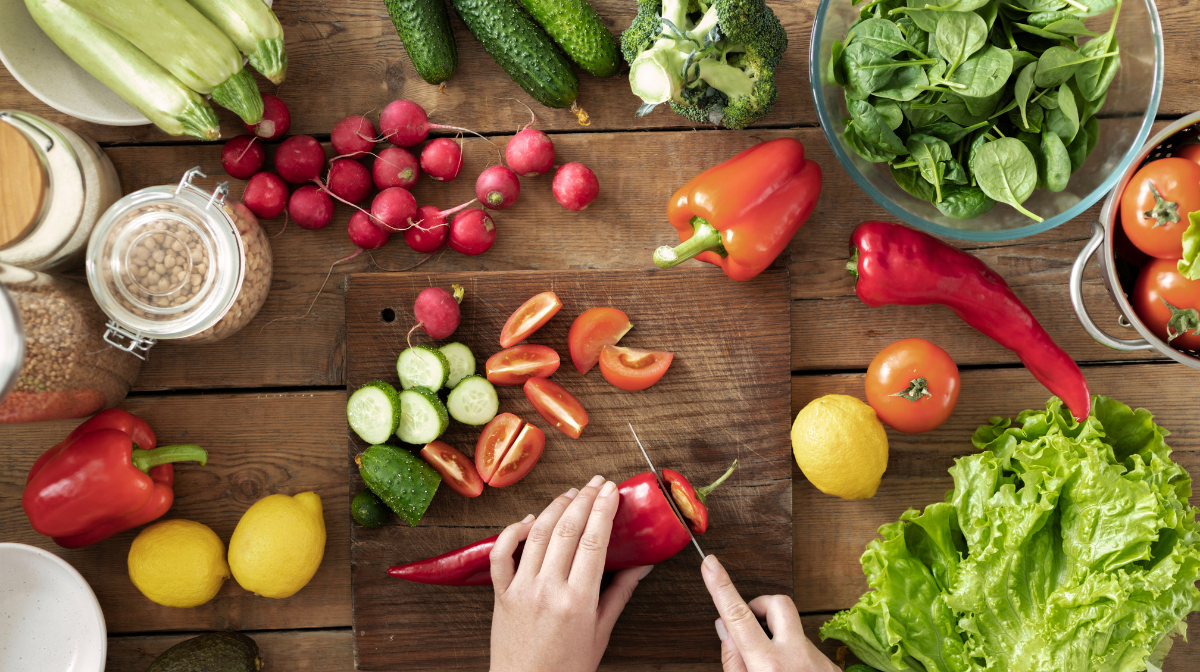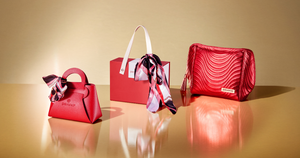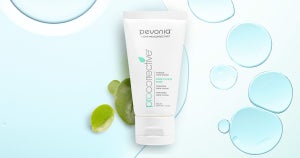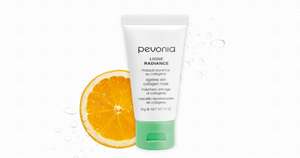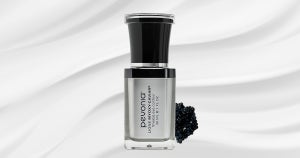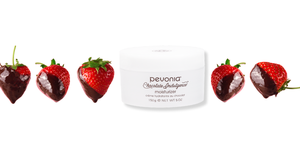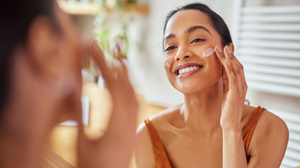
Have you ever thought about what foods are good for the skin?
While we often focus on the latest skincare products, what you eat could play an equally important role in achieving radiant, healthy-looking results.
With that in mind, we’ve put together a list of some nutrient-packed ingredients to add to your shopping cart.
The Best Foods for the Skin
Your skin is your body’s largest organ, so it’s no surprise that what you eat may affect it.
From vitamin-packed fruits to skin-friendly veggies, here are some of the best foods to help support your appearance from within.
What Fruits are Good for the Skin?
It’s no secret that fruit is packed with goodness, but which ones could truly benefit your skin? Here are some standouts:
Oranges
They’re not just refreshing – citrus fruits are widely recognized as a great source of vitamin C, which could play a role in hydrating and protecting.
Research suggests that drinking 300ml of blood orange juice daily may help support overall skin health, contributing to a more radiant-looking complexion.
Mangos
Sweet, juicy, and packed with nutrients, mangos could make a great addition to your snack rotation.
They’re rich in vitamin C and beta-carotene, two antioxidants known for supporting the skin.
Eating half a cup four times a week has even been linked to a smoother-looking complexion.
But since mangos are naturally high in sugar, moderation is key.
Passion Fruit
Passion fruit seeds are packed with polyphenols— antioxidants that may help with dryness, elasticity, and barrier function over time.
With their tangy flavour and many benefits, they’re an easy (and tasty) way to support your skin.
Avocado
With an impressive nutrient profile, it’s no surprise that avocados made the list. They’re packed with healthy fats and vitamin E, which could help nourish and improve elasticity.
Some research suggests that consuming one a day for a number of weeks may contribute to firmer, more supple-looking skin.
What are the Best Vegetables for the Skin?
Of course, a diet rich in vegetables is known to support overall health, but some could be particularly beneficial for the skin. Here are our top picks:
Kale
Kale is a powerhouse green that’s full of carotenoids, glucoraphanin, and vitamin C. These compounds could help protect your skin from free radicals.
Incorporating it into your diet regularly may help to improve skin elasticity, so it’s no surprise this leafy green is a go-to smoothie ingredient.
Carrots
Carrots are rich in beta-carotene, which the body converts into vitamin A (retinol). This nutrient is widely recognized for its ability to help photo-damaged skin and promote a healthy-looking complexion.
Also found in sweet potatoes, red peppers, and spinach, vitamin A could be an easy addition to your diet.
Best Legumes for the Skin
Typically made up of beans, peas, and seeds, legumes are key when curating a healthy skin diet. Here are two of our favourites:
Almonds
Almonds are rich in vitamin E, which has been studied for its potential to protect the skin from environmental stressors, such as sun exposure.
Research suggests that, when consumed regularly, they may contribute to more youthful-looking results. To get you started, try sprinkling them on your breakfast or snacking on them throughout the day.
Soybeans
Soybeans could be a game-changer for maintaining nourished skin.
High in isoflavones, which are natural plant compounds, they’re thought to help with dryness and support skin elasticity for a plumper-looking complexion.
When it comes to achieving radiant results, what you eat could be just as important as your skincare routine.
Adding these nutrient-rich foods to your diet might be a great way to support your appearance from the inside out.
For more tips, check out our guide on the latest skincare trends – so you can decide what’s really worth the hype.

